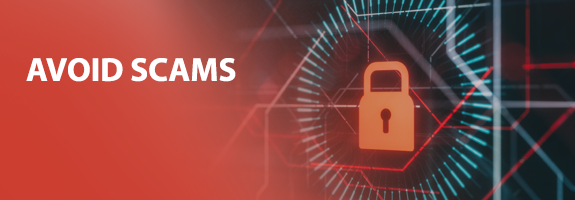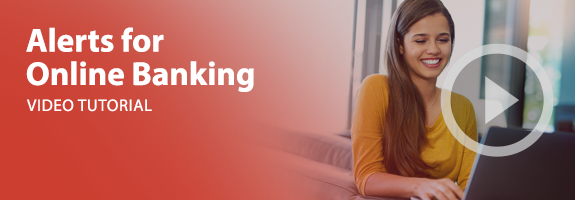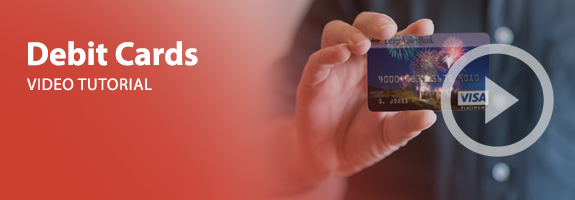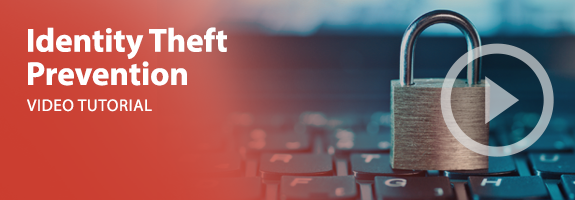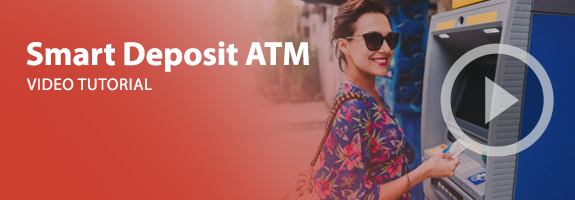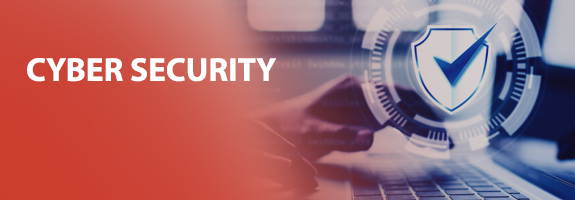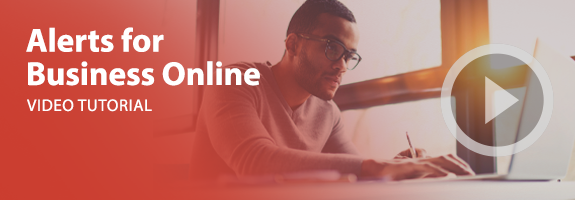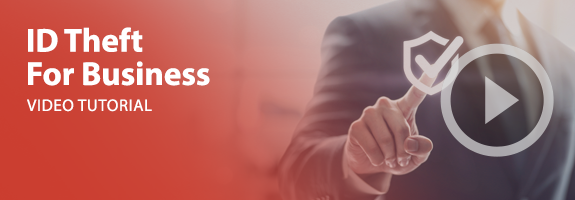Personally Identifiable Information (PII)
PII is defined as information:
(i) that directly identifies an individual (e.g., name, address, social security number or other identifying number or code, telephone number, email address, etc.) or
(ii) by which an agency intends to identify specific individuals in conjunction with other data elements, i.e., indirect identification. (These data elements may include a combination of gender, race, birth date, geographic indicator, and other descriptors).
Additionally, information permitting the physical or online contacting of a specific individual is the same as personally identifiable information. Safeguarding our customers PII is something Yampa Valley Bank takes very seriously, and we want to make sure our customers do their part to protect themselves as well.
If you receive a call that asks for any personal information as it relates to your bank accounts, please hang up immediately and call your local branch at 970-879-2993 or 970-824-3600 with any concerns. The call may even seem like it is coming from one of the bank's phone numbers; unfortunately with today's technology, caller ID numbers can be easily "spoofed."
In general, scammers continue to take advantage of fears and uncertainty surrounding COVID-19. Many emails and websites may promise vital information about the pandemic but are, in fact, scams that push malware or attempts to steal your passwords and personal information.
Tips to prevent this from happening to you:
| • Don’t open attachments or click on links unless you are 100% sure where they came from. If you aren’t sure, call the person at a number that you know to be accurate, or otherwise confirm legitimacy before clicking. |
| • Be careful about people using calls/voicemail or text message to get your personal information. If someone is calling or texting for personal information or payment information, just say no. |
| • Never give out your social security number by email, text, or over the phone to someone you don’t know |
| • Check your credit report once a year at freecreditreport.com to make sure everything looks correct |
| • Keep your financial institution up to date with your current phone number, email address, and mailing address so that they can get in touch with you if they have questions or concerns |
| • Look at your credit card statements daily or turn on notifications through your online banking. The amount of fraud is rising dramatically – turn on notifications for all purchases on your cards, set limits and check your statements daily. It’ll take a few minutes a day, but it can save hours of hassle if they aren’t discovered until later. |
| • There are some “hot topics” besides coronavirus. The CARES Act/Economic Relief. Shelter-in-place. Toilet paper. Criminals will use these buzzwords to make you want to click. |
| • Click here for additional information from the FTC regarding coronavirus phishing and malware attempts. |
|
Types of frauds to look out for:
|
• Man-in-the-Middle Fraud
|
| • Injured/Arrested Family Member Scam |
| • IRS Scam |
| • Secret Shopper |
| • Facebook Friend Scam |
| • Social Security Scam |
| • Medicare and Prescription Drug Schemes |
| • Bereavement Scams |
| • Investment Fraud |
| • Computer Virus Scam |
| • Computer Takeover |
| • Craigslist/Paypal Scam |
| • Lottery or Inheritance Scam |
|
• Mortgage and Refinance Scams
|
|
LEARN ABOUT EACH SCAM
|
|
|


